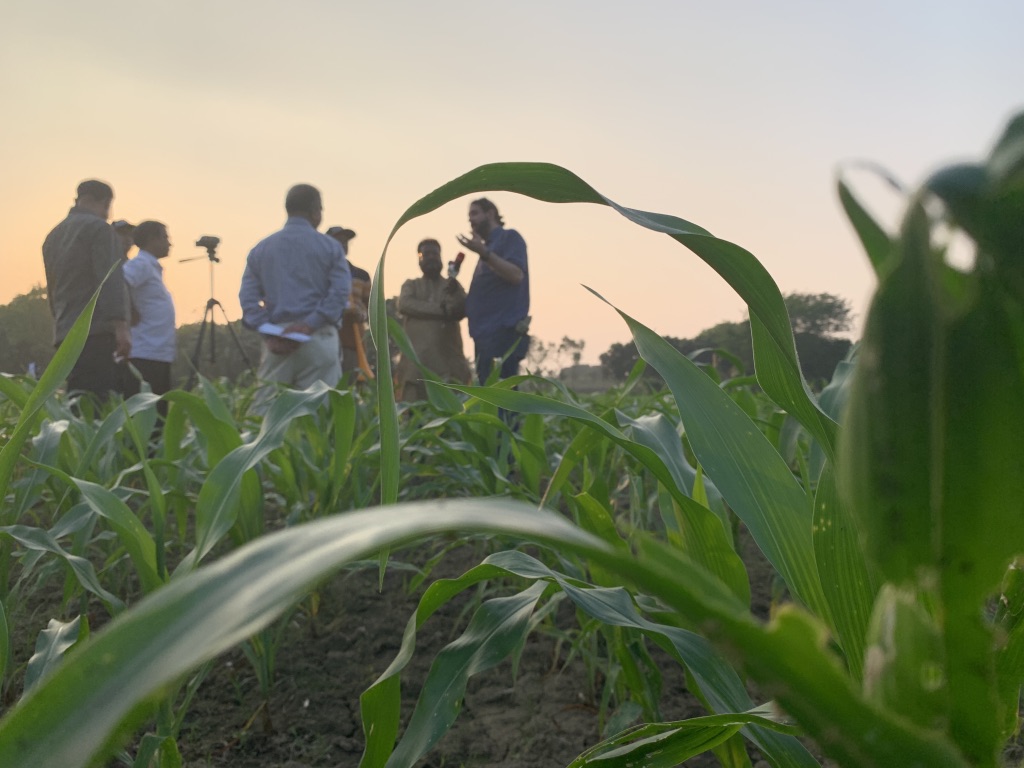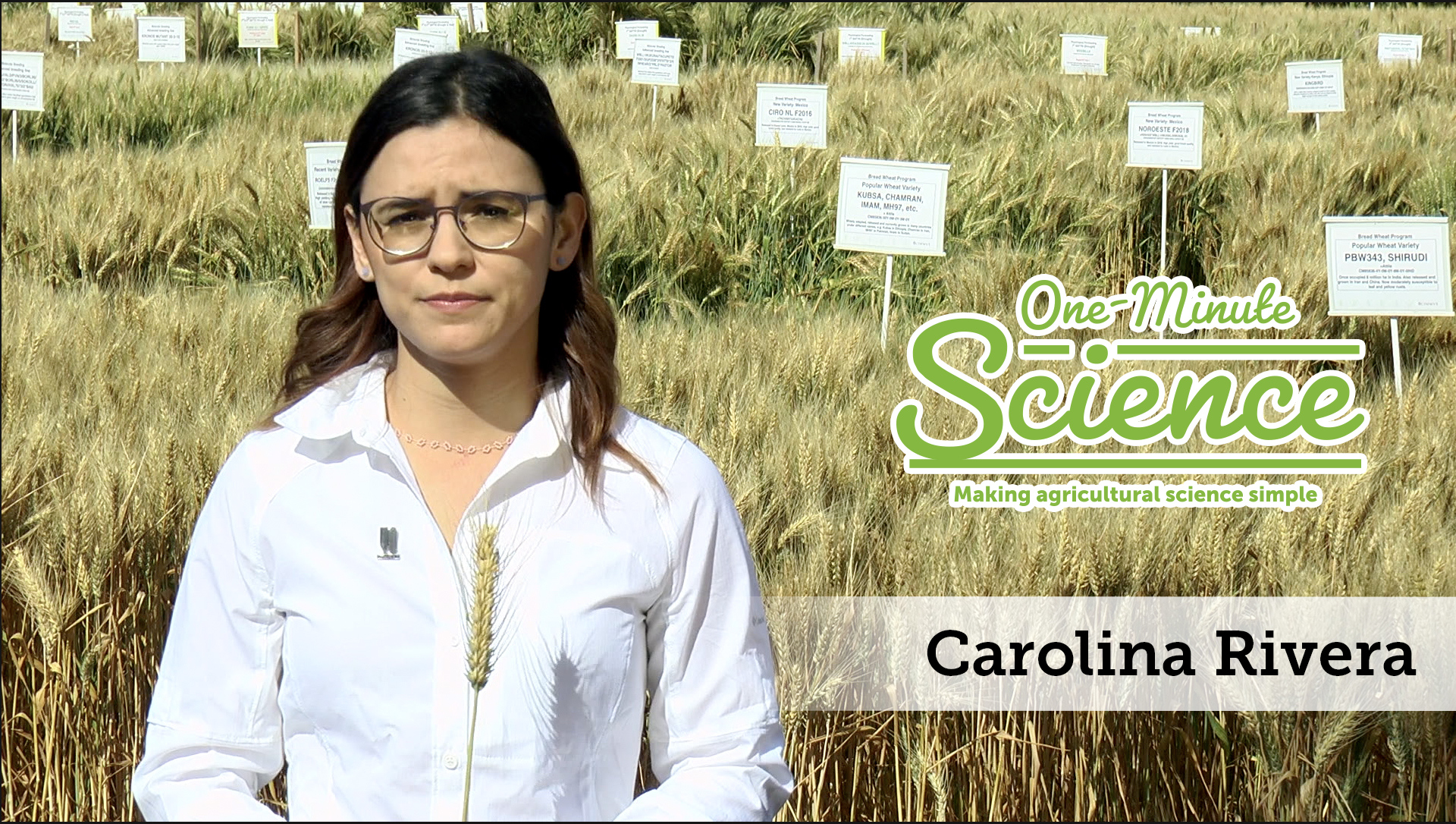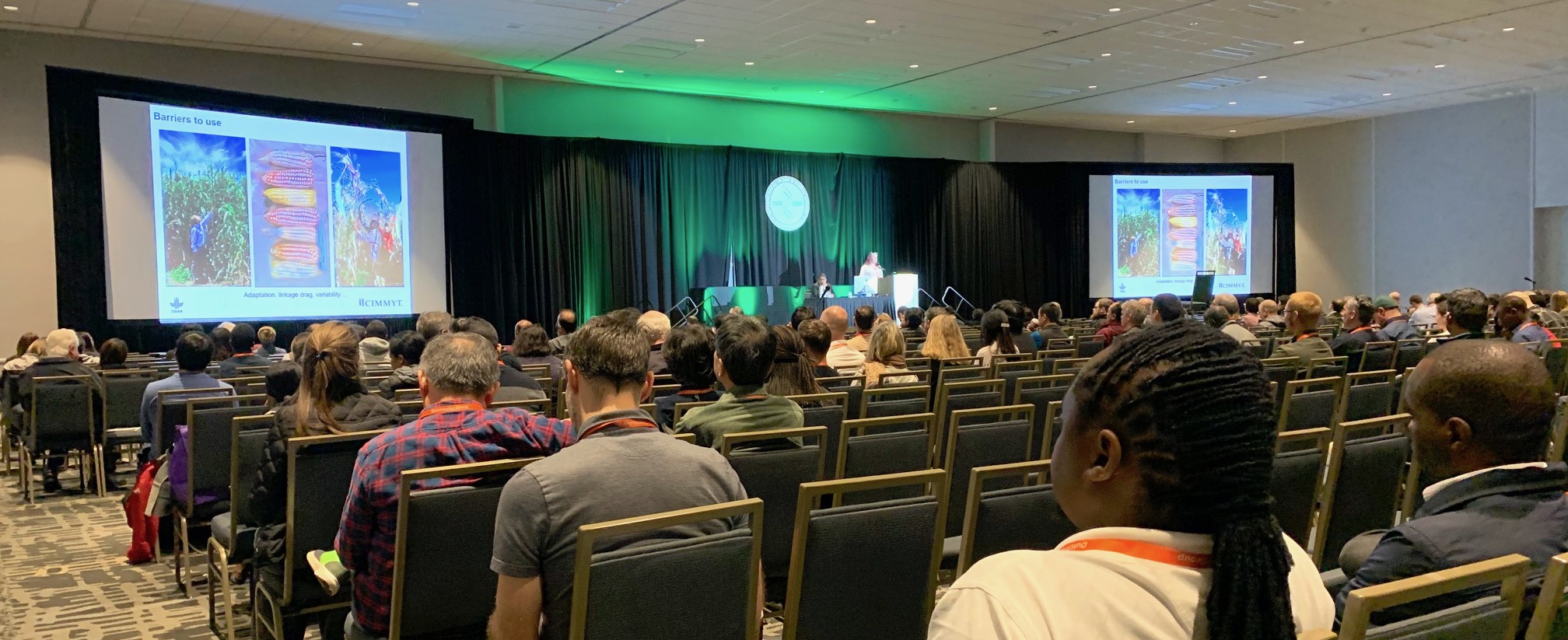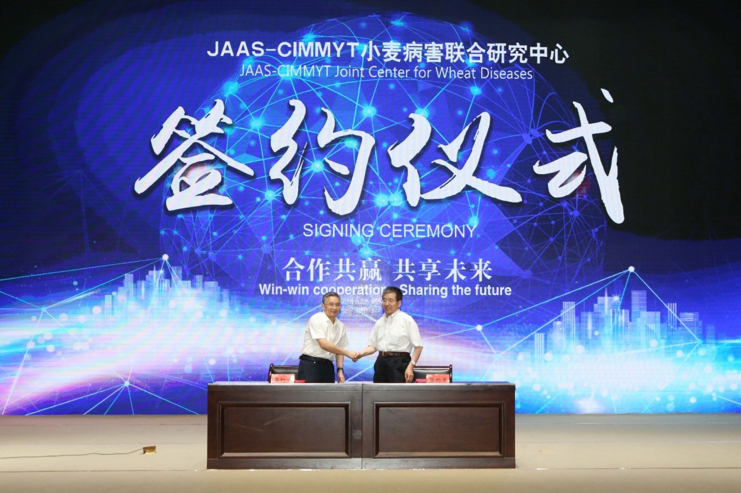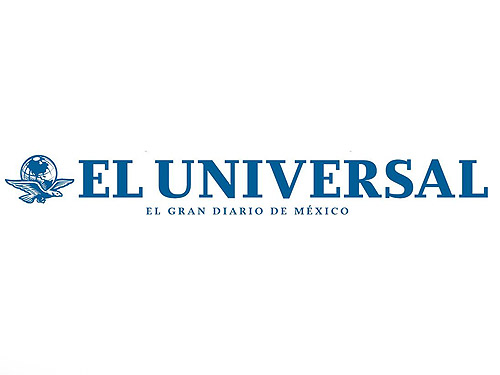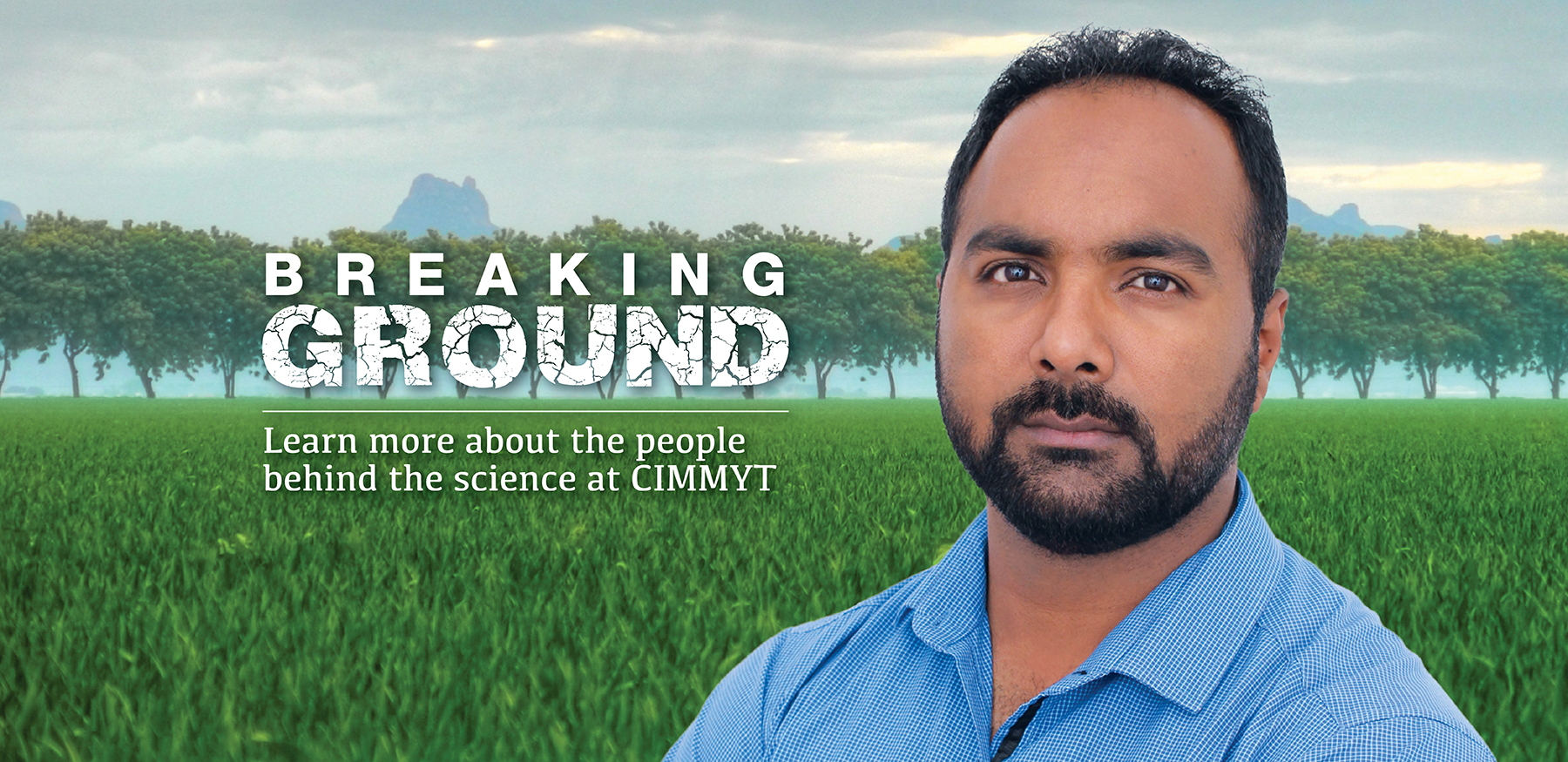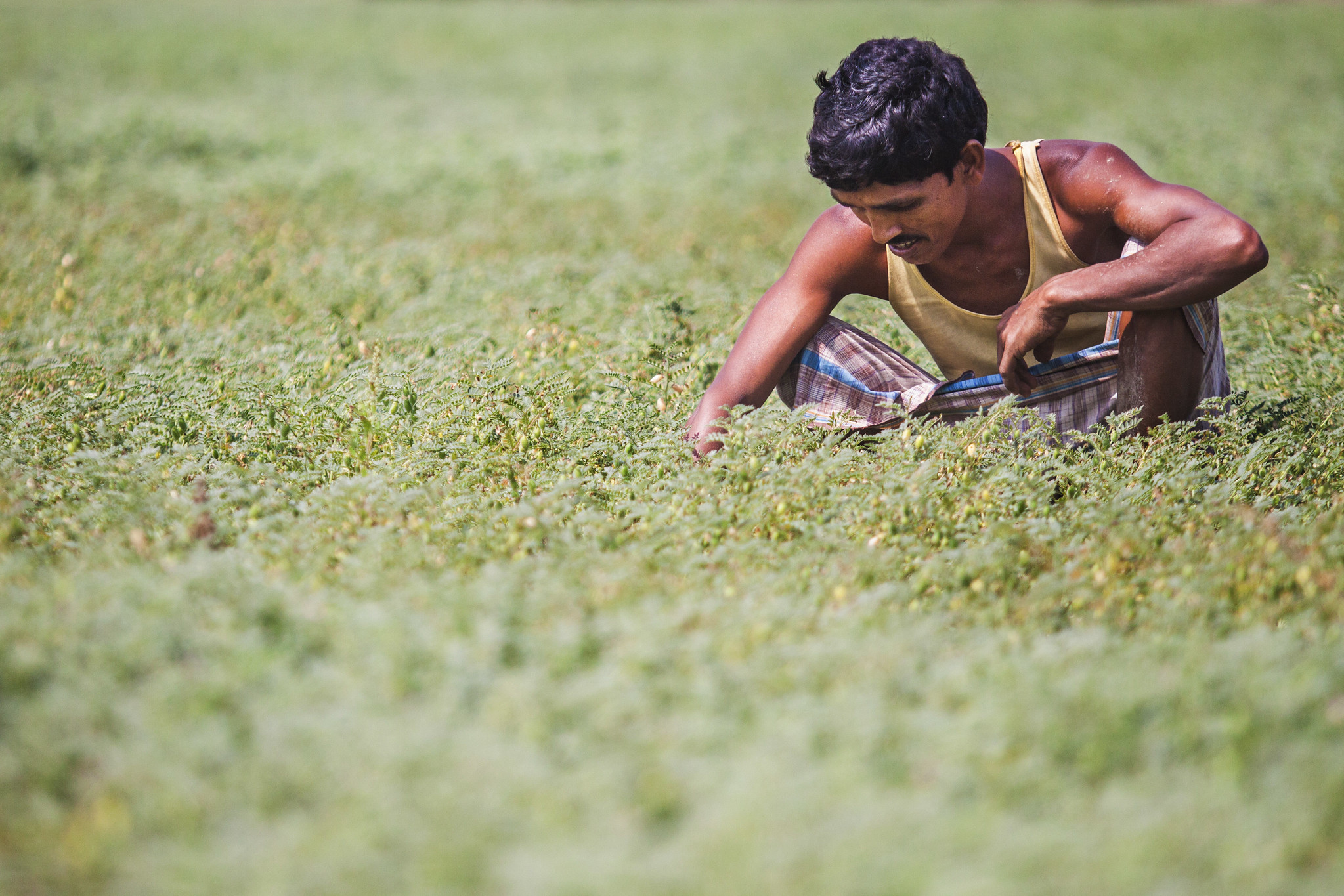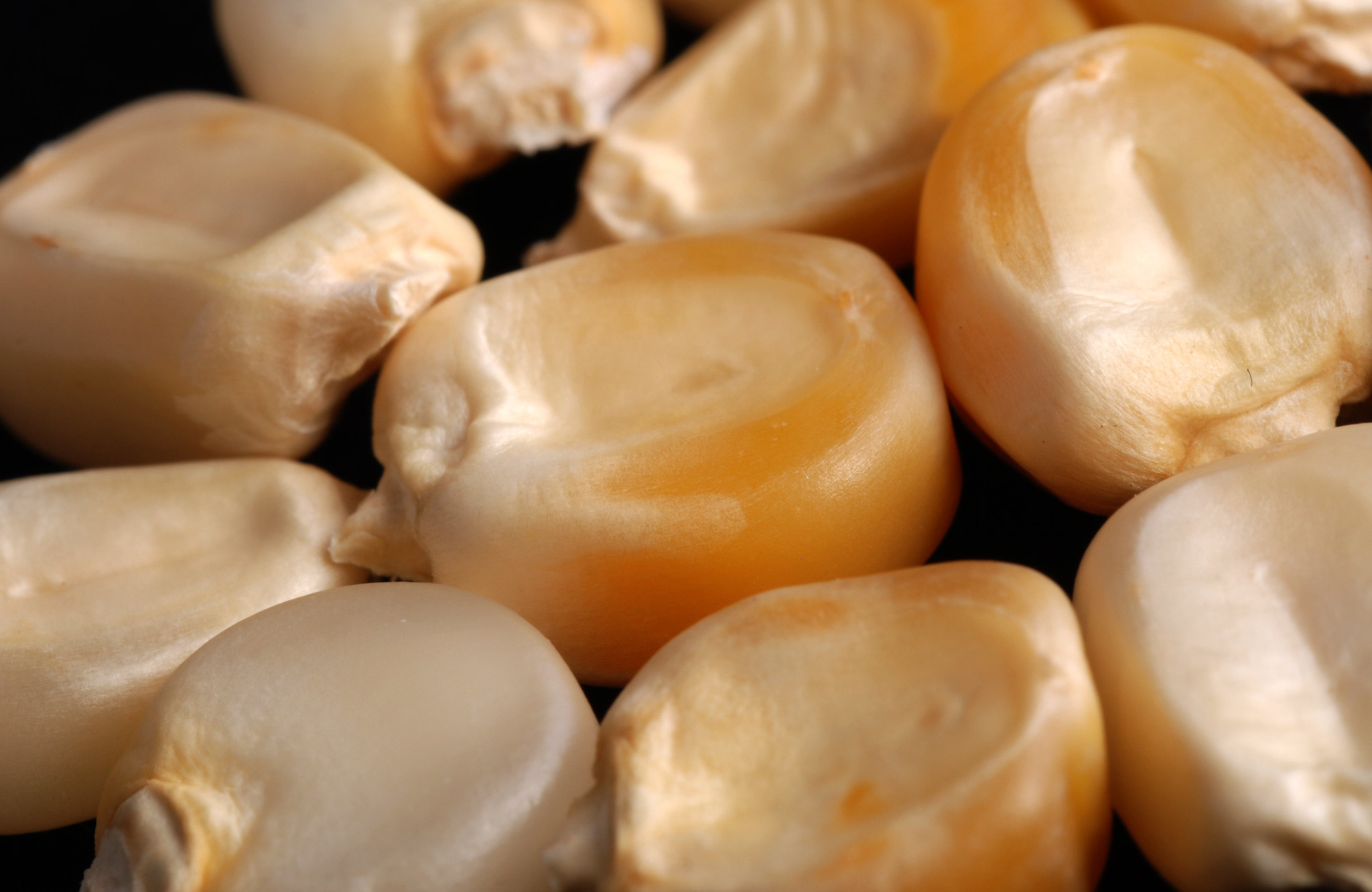Nutrition, health and food security
As staple foods, maize and wheat provide vital nutrients and health benefits, making up close to two-thirds of the world’s food energy intake, and contributing 55 to 70 percent of the total calories in the diets of people living in developing countries, according to the U.N. Food and Agriculture Organization. CIMMYT scientists tackle food insecurity through improved nutrient-rich, high-yielding varieties and sustainable agronomic practices, ensuring that those who most depend on agriculture have enough to make a living and feed their families. The U.N. projects that the global population will increase to more than 9 billion people by 2050, which means that the successes and failures of wheat and maize farmers will continue to have a crucial impact on food security. Findings by the Intergovernmental Panel on Climate Change, which show heat waves could occur more often and mean global surface temperatures could rise by up to 5 degrees Celsius throughout the century, indicate that increasing yield alone will be insufficient to meet future demand for food.
Achieving widespread food and nutritional security for the world’s poorest people is more complex than simply boosting production. Biofortification of maize and wheat helps increase the vitamins and minerals in these key crops. CIMMYT helps families grow and eat provitamin A enriched maize, zinc-enhanced maize and wheat varieties, and quality protein maize. CIMMYT also works on improving food health and safety, by reducing mycotoxin levels in the global food chain. Mycotoxins are produced by fungi that colonize in food crops, and cause health problems or even death in humans or animals. Worldwide, CIMMYT helps train food processors to reduce fungal contamination in maize, and promotes affordable technologies and training to detect mycotoxins and reduce exposure.
Mexico wants to remain the maize nation
 Nutrition, health and food security
Nutrition, health and food security
Source: Excelsior (26 Jan 2020)
CIMMYT germplasm bank samples are the basis for development of new maize seeds used in the MasAgro Program.
Vast Locust Swarm Casts Shadow Over East African Food Security
 Nutrition, health and food security
Nutrition, health and food security
Source: Bloomberg (25 Jan 2020)
CIMMYT agricultural economist Hugo De Groote notes need to monitor locusts to ensure swarms don’t threaten crops.
New project strengthens capacity to fight fall armyworm in Bangladesh
 Capacity development
Capacity development
Public and private partners join forces to mitigate voracious pest.
One-minute science: Carolina Rivera explains wheat physiology
 Innovations
Innovations
Growing the right wheat varieties is necessary to nutritiously feed a growing population in the context of environmental stress.
CIMMYT scientists join fellow experts in San Diego for world’s largest plant and animal genomics conference
 Innovations
Innovations
Researchers share their work translating the latest molecular research into breeding solutions for better maize and wheat varieties.
The Future of Food – Food Substitute Pills
 Innovations
Innovations
Source: Vice (21 Jan 2020)
Seed banks, like the one at CIMMYT’s headquarters in Mexico, are part of planning for the future of food.
World’s largest corn cob measures 39.5cm in Jala, Nayarit
 Nutrition, health and food security
Nutrition, health and food security
Source: Mexico News Daily (15 Jan 2020)
Winner acknowledges the work of INIFAP, CIMMYT and the Mexico Corn Tortilla Foundation to recuperate native maize species.
New international partnership to identify and develop resistance to dangerous wheat disease
 Nutrition, health and food security
Nutrition, health and food security
China-based CIMMYT-JAAS screening station aims for global impact in the fight against deadly Fusarium head blight.
Working in a method to harness the soil
 Nutrition, health and food security
Nutrition, health and food security
Source: El Universal (12 Jan 2020)
Research shows that conservation agriculture under irrigation conditions increases yields and soil organic carbon, even in poor quality soil.
Seed systems in Nepal are going digital
 Gender equality, youth and social inclusion
Gender equality, youth and social inclusion
Digital seed information system will connect farmers to information and seed suppliers.
Fruitful year for wheat, maize varieties
 Nutrition, health and food security
Nutrition, health and food security
Source: Dawn (23 Dec 2019)
Pakistan has released 20 new high-yielding, disease-resistant and climate change-resilient wheat and maize varieties during the year.
Breaking Ground: Mandeep Randhawa fights wheat diseases using genetic resistance tools
 Capacity development
Capacity development
CIMMYT wheat scientist explores new sources of rust resistance to create new rust-resistant wheat varieties.
Policy brief highlights opportunities to promote balanced nutrient management in South Asia
 Environmental health and biodiversity
Environmental health and biodiversity
CSISA publishes policy and research note on how to develop balanced nutrient management innovations in the region.
Prevention is better than cure
 Innovations
Innovations
Amos Alakonya talks pests, procedure, and why everyone should be concerned about seed health.
Malawi farmers nurture soil grow incomes with conservation agriculture
 Nutrition, health and food security
Nutrition, health and food security
Source: IPP Media (14 Dec 2019)
CIMMYT introduced farmers Kassim Massi and Joyce Makawa to conservation agriculture.


